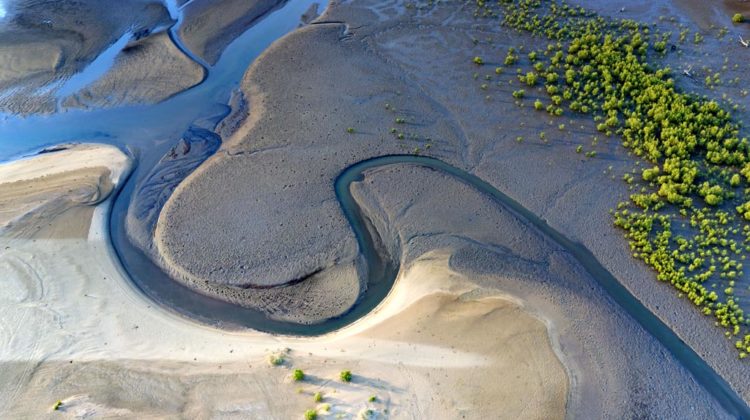
Engineers Without Borders has launched the 11th instalment of its annual Engineering for People Design Challenge. A collaboration between Engineers Without Borders UK and its partners in South Africa and Australia, including the Centre for Appropriate Technology,this year’s competition is aimed at encouraging students to investigate engineering challenges faced by Indigenous people living in Far North Queensland.
Students are urged to investigate key areas such as energy, food security and waste management, and how they relate to the ongoing impacts of colonisation and Indigenous conservation efforts. Among the areas they can explore are the preservation of ancient knowledge systems, wildfire prevention and the protection of biodiversity. They should also consider the links between engineering design, ‘appropriate technology’ and people’s ability to survive and flourish in remote regions.
The 2021–22 Challenge will be delivered to 48 institutions in the UK, USA and South Africa. Students’ submissions will be reviewed by academics from each institution. The top five entrants from each university will then go forward to the next round, which will be judged by industry volunteers. The winners of this round will then be invited to present their solutions at the grand finals. The winners will receive an educational bursary, while the runner-up and ‘People’s Prize’ winners will also receive an educational bursary to share between them.
Established in 1980 and headquartered in Alice Springs in the Northern Territory, the Centre for Appropriate Technology (CfAT) is a not-for-profit organisation led by Indigenous people. Its aim is to research, design, develop and build capacity in appropriate technologies and deliver technical training to Indigenous peoples living in remote and off-grid communities.
‘Our people, the Aboriginal Australian people, are the proud custodians of one of the oldest continuous living cultures on the planet,’ said Peter Renehan, CEO of CfAT. ‘We are the traditional owners of this continent and our heritage spans hundreds of Indigenous First Nations, language groups and geographies each with its own unique mixture of cultures, languages and intricate ancient knowledge systems.
‘The Engineering for People Design Challenge sets the stage for the challenges we face in returning to our traditional lands to live on them, protect them and maintain our culture while creating a sustainable economic future for our people in a globalised world.’
‘Our real-life design project provides a platform for students to truly understand how to develop engineering skills with a globally responsible mindset and place people at the heart of their designs,’ said Emma Crichton, head of engineering at Engineers Without Borders UK. ‘To learn about Aboriginal and Torres Strait Islander communities’ relationship to their land and sea is an incredible chance to contextualise the meaning and practice of globally responsible engineering, learn deeply about our shared history and how equitable approaches and valuing people’s participation in the process of engineering is absolutely critical to achieving a safe and just world.’



